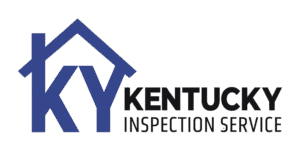Get a Free Quote Today!
Make an Appointment Today
Service
What Is a Pre-Drywall Inspection?
A pre-drywall inspection happens during construction, after framing, electrical, and plumbing are installed but before drywall covers everything up. I examine all the “rough-in” work to ensure proper installation before it becomes hidden behind walls.
Here’s what that means for you: Problems get caught and fixed while they’re easy to access, not after walls are up and expensive tear-out work is needed.

What We Inspect During Your Pre-Drywall Inspection
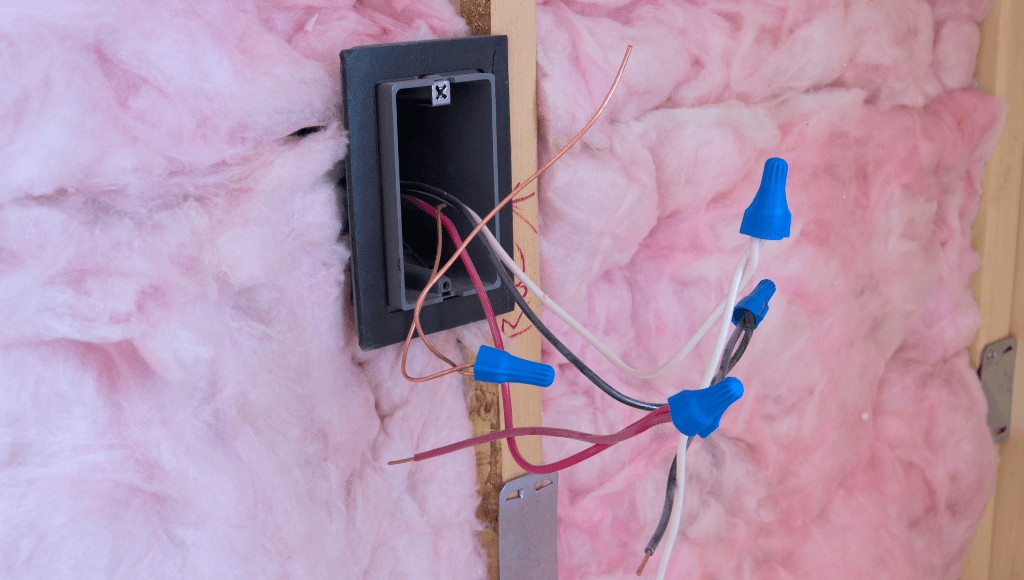
Electrical Rough-In
- Wire routing and protection
- Outlet and switch box placement
- Proper wire gauge for circuits
- Panel installation and connections

HVAC Installation
- Ductwork routing and support
- Proper sizing and connections
- Return air pathways
- Equipment placement and clearances
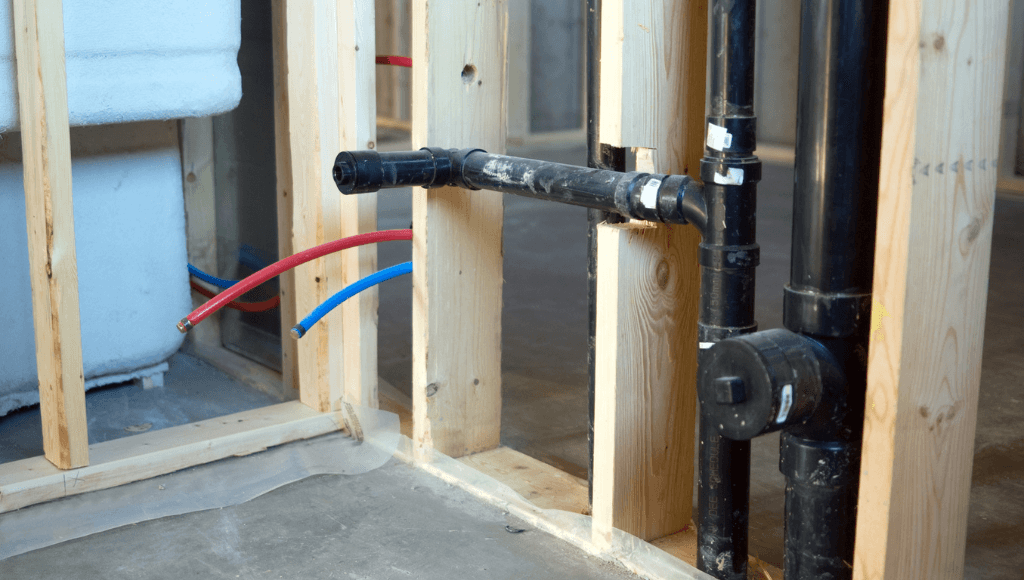
Plumbing Rough-In
- Supply line routing and support
- Drain line slope and connections
- Vent system installation
- Fixture rough-in locations
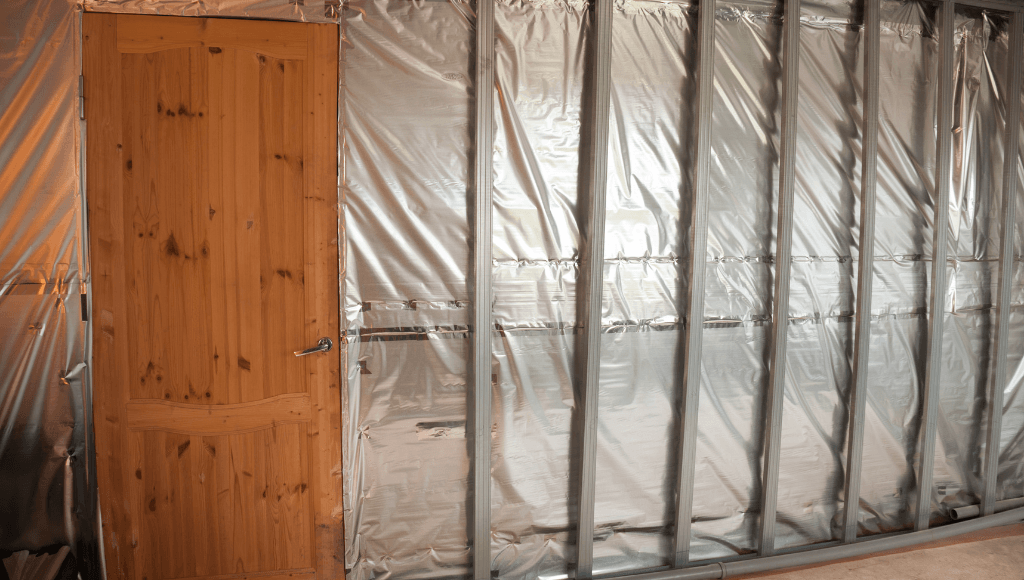
Insulation and Air Sealing
- Insulation type and R-value
- Proper installation without gaps
- Air barrier continuity
- Vapor barrier placement
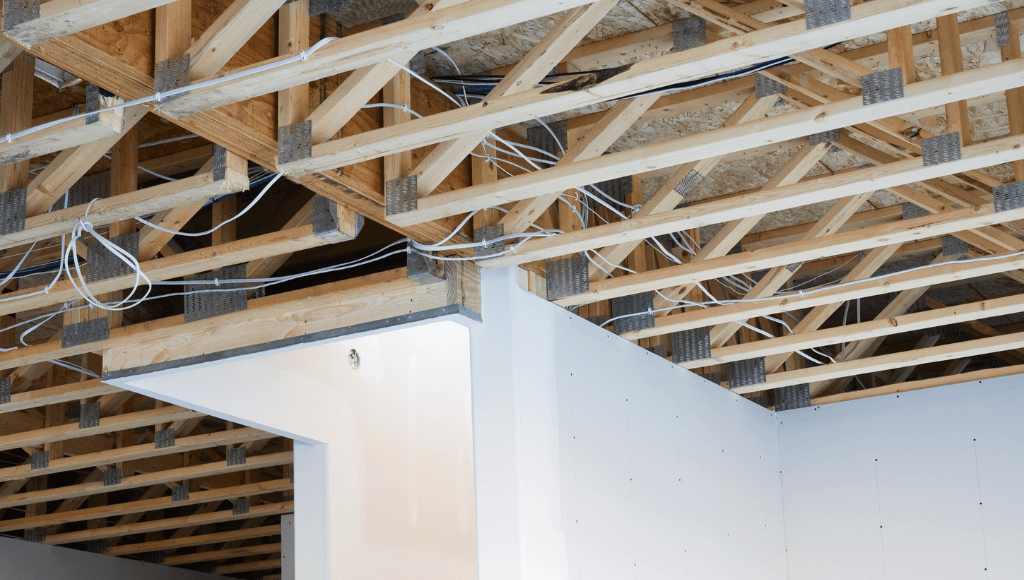
Framing and Structure
- Wall framing for proper spacing and level
- Floor and ceiling joist installation
- Beam and header sizing and placement
- Structural connections and fasteners
Why You Need a Pre-Drywall Inspection
Problems Are Easy to Fix Now
When framing, electrical, or plumbing problems are found before drywall, repairs are straightforward. After walls are closed up, fixing the same problems requires expensive demolition and reconstruction.
Code Compliance Verification
Building codes have specific requirements for rough-in work. A pre-drywall inspection ensures everything meets code before it’s covered up and harder to inspect later.
Peace of Mind for Major Investment
Custom homes and major renovations represent significant investments. Knowing the hidden work is done properly gives you confidence in your project.
Quality Control During Construction
Even good contractors make mistakes. A professional inspection provides an extra layer of quality control during the critical rough-in phase of construction.
What You Get with Your Pre-Drywall Inspection
Comprehensive Written Report
- Detailed findings with clear photos
- Code compliance verification
- Priority levels for any issues
- Recommendations for corrections
Technical Communication
- Professional documentation for contractors
- Clear explanations of any problems
- Suggested solutions and alternatives
- Code references when applicable
Project Management Support
- Help communicating with contractors
- Technical backup for your concerns
- Quality assurance documentation
- Progress verification for your project
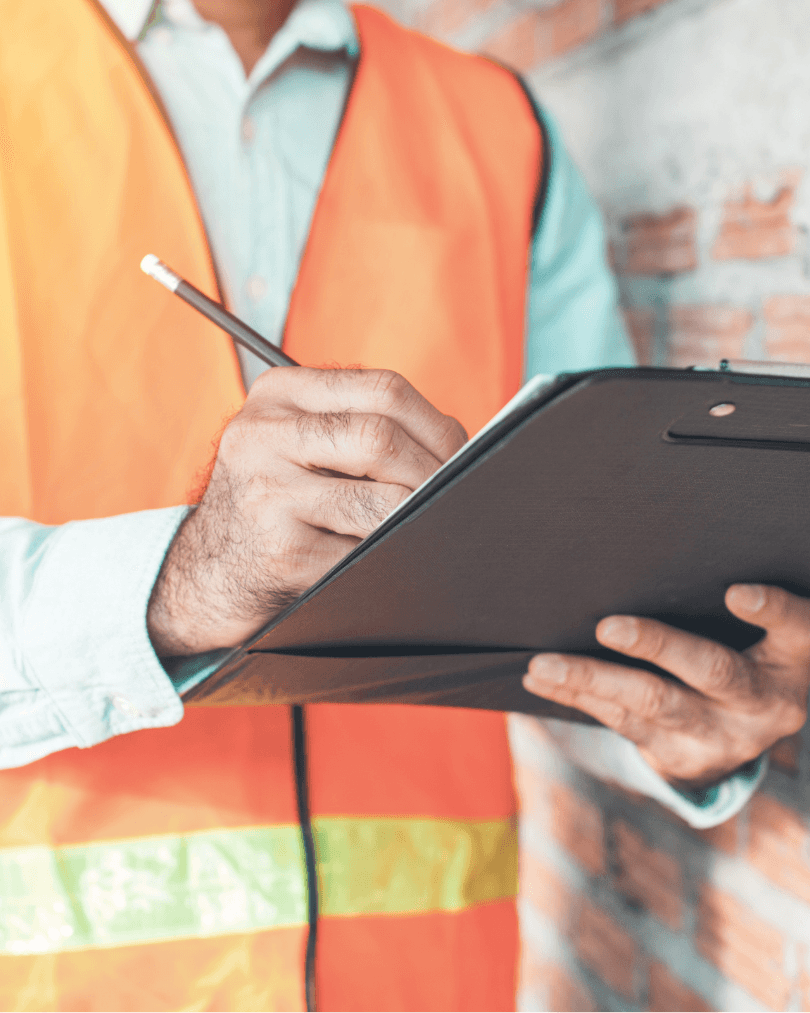
Who Needs a Pre-Drywall Inspection?
Custom Home Builders
If you’re building a custom home, a pre-drywall inspection ensures the hidden work meets professional standards before walls close up the evidence of quality or problems.
Major Renovation Projects
Additions, whole-house renovations, or projects involving new electrical, plumbing, or structural work benefit from professional inspection before drywall installation.
Owner-Builders
If you’re acting as your own general contractor, professional inspection provides expertise you might not have for evaluating rough-in work quality.
Investors and Flippers
Investment properties and flip projects need quality control to ensure work meets standards and won’t cause problems for future buyers or tenants.
Pre-Drywall Inspection Process
Schedule at the Right Time
Contact us when framing, electrical, and plumbing rough-in are complete but before drywall installation begins. Timing is critical for this inspection.
Systematic Evaluation
I’ll examine all rough-in work systematically, checking for proper installation, code compliance, and quality workmanship throughout the project.
Immediate Consultation
If I find problems, I’ll discuss them with you immediately so corrections can be made before drywall installation proceeds.
Detailed Documentation
You’ll receive a comprehensive report with photos and findings that can be shared with contractors for any necessary corrections.
Follow-Up Support
I’m available to help communicate with contractors and verify that any corrections are made properly before work proceeds.
Common Pre-Drywall Issues We Find
Framing Problems
- Walls not plumb or level
- Incorrect framing member spacing
- Missing or inadequate structural connections
- Improper beam or header sizing
Electrical Issues
- Wires not properly protected
- Incorrect wire gauge for circuit load
- Outlet boxes not properly secured
- Code violations in wire routing
Plumbing Concerns
- Drain lines with inadequate slope
- Supply lines not properly supported
- Vent system installation problems
- Fixture rough-ins in wrong locations
HVAC Installation Problems
- Ductwork not properly supported
- Inadequate return air pathways
- Equipment clearance issues
- Insulation gaps around ducts
Ready to Protect Your Construction Investment?
Don’t let the walls close up without professional inspection. Make sure your rough-in work is done right before it’s too late to fix easily.
Frequently Asked Questions
When exactly should I schedule this inspection?
Schedule when all rough-in work is complete but before drywall installation begins. Your contractor can help you identify the right timing for your project.
What if you find problems?
Problems found at this stage are much easier and less expensive to fix than after drywall is installed. I’ll help you communicate findings to your contractor for prompt correction.
Do I need this if I have a good contractor?
Even excellent contractors appreciate professional inspection as quality control. It protects both you and them by catching any oversights before they become expensive problems.
How long does a pre-drywall inspection take?
Timing depends on project size, typically 1-3 hours. The inspection needs to be thorough since this is the last chance to see rough-in work before it’s covered.
What if my contractor objects to the inspection?
Professional contractors welcome inspection as quality assurance. Any contractor who objects to professional inspection might not be confident in their work quality.
